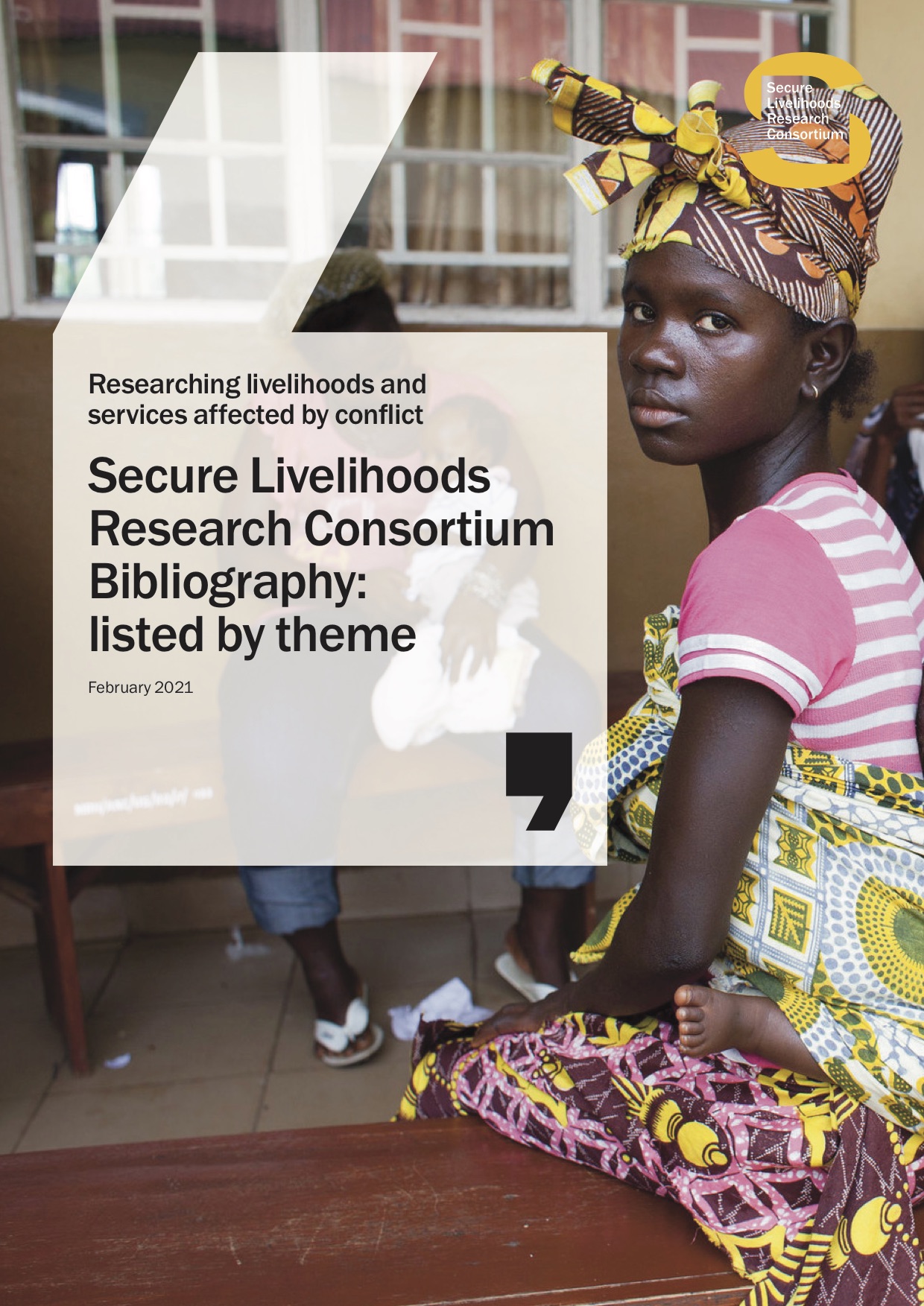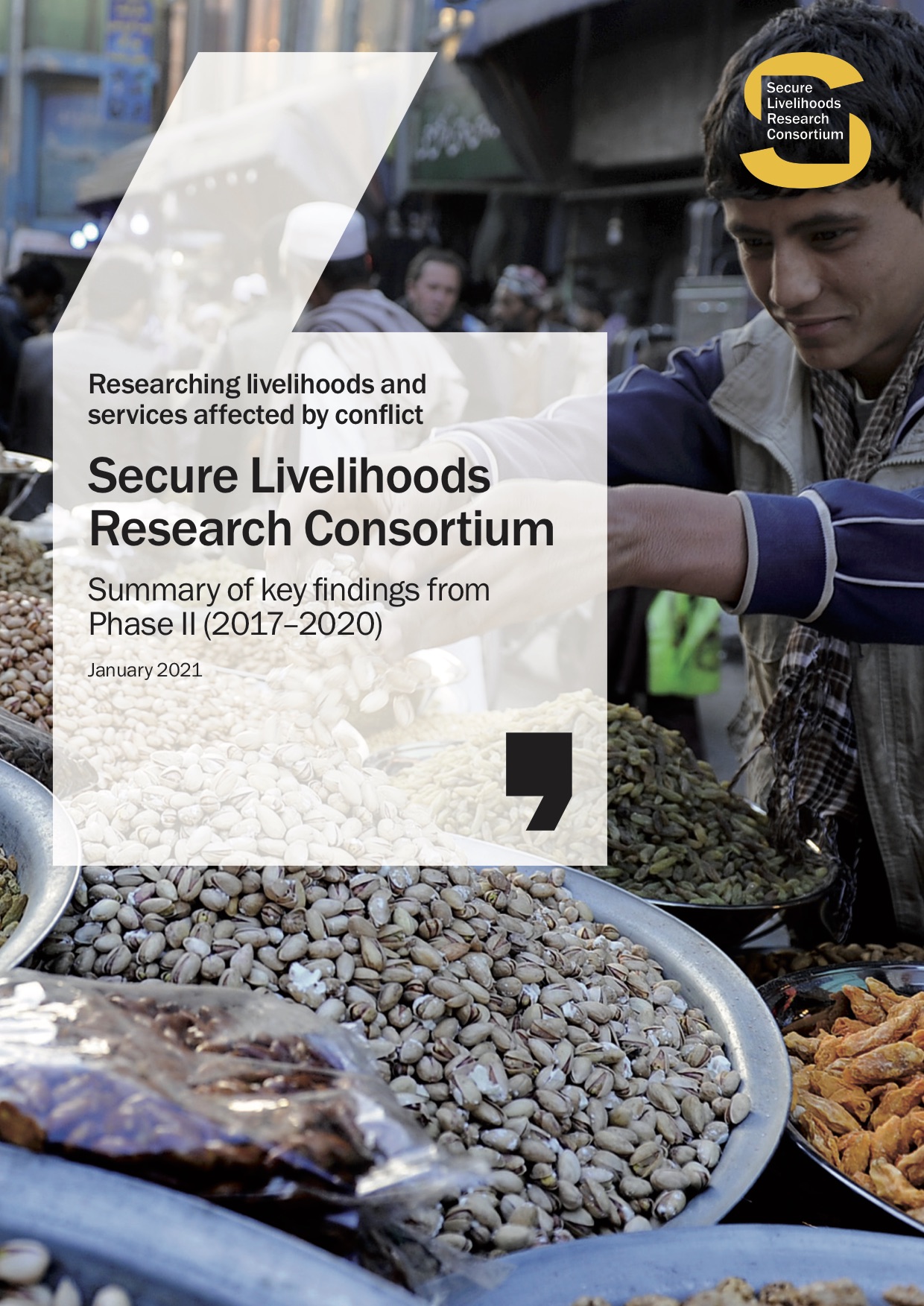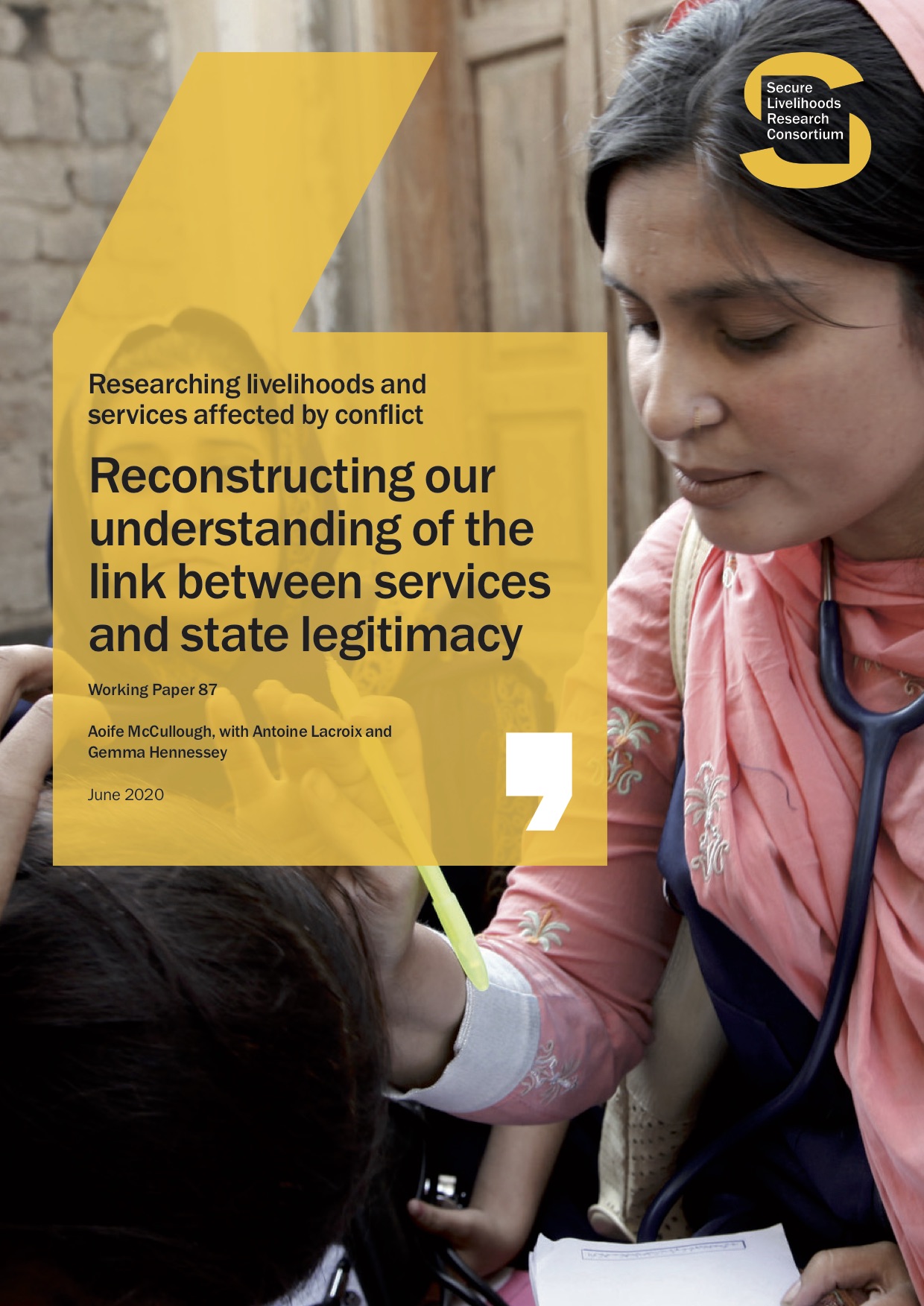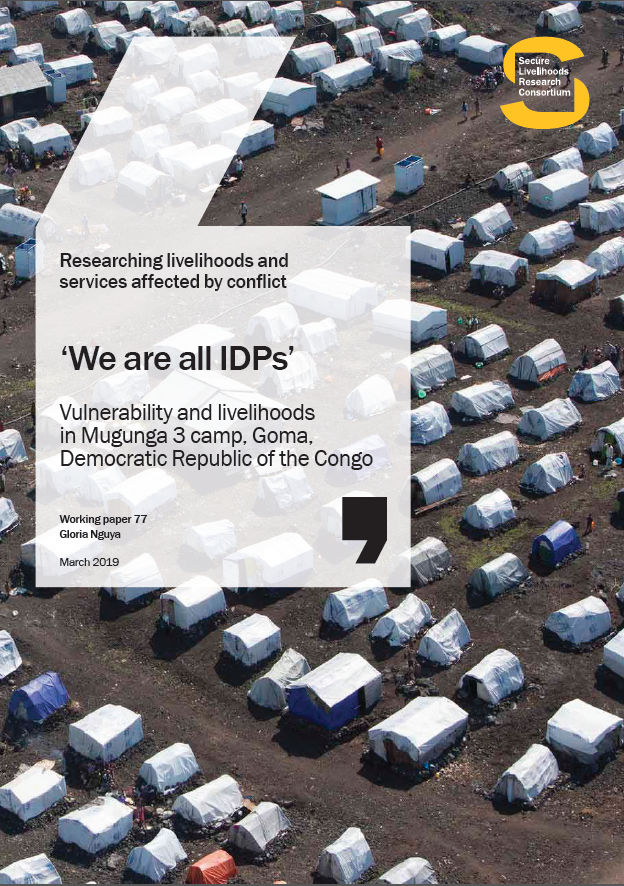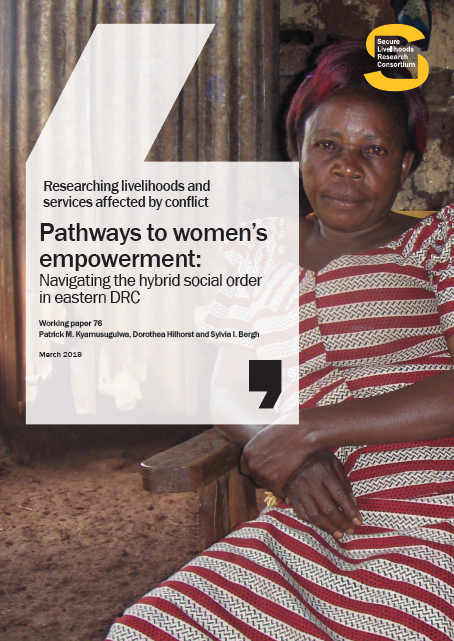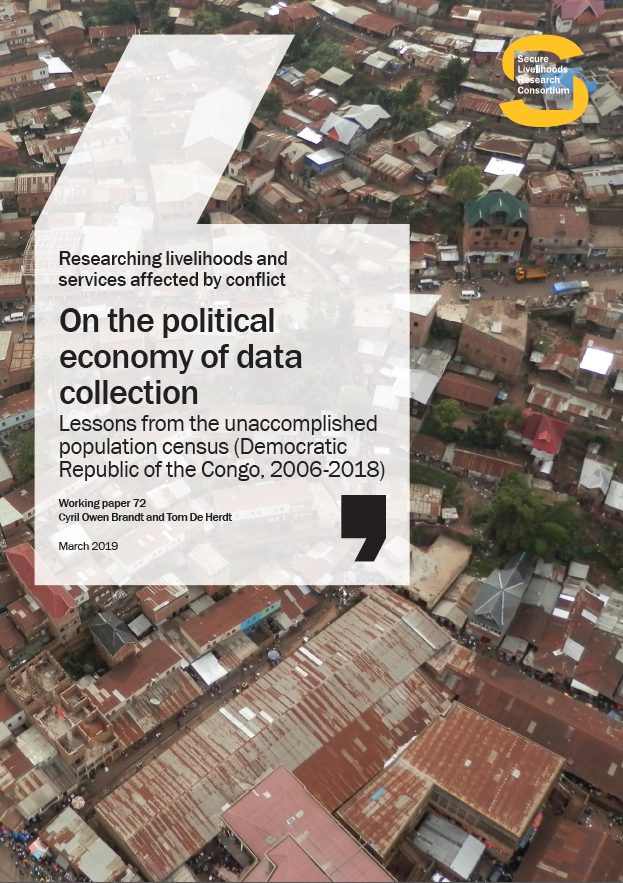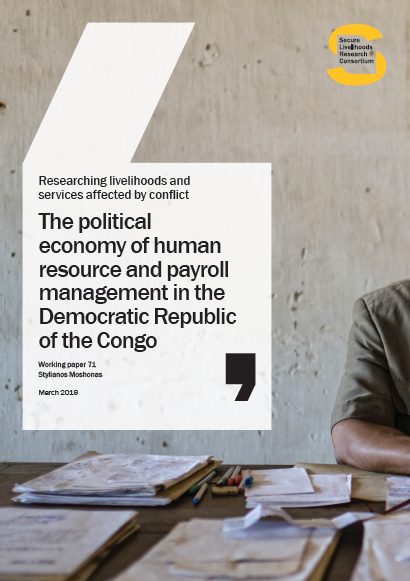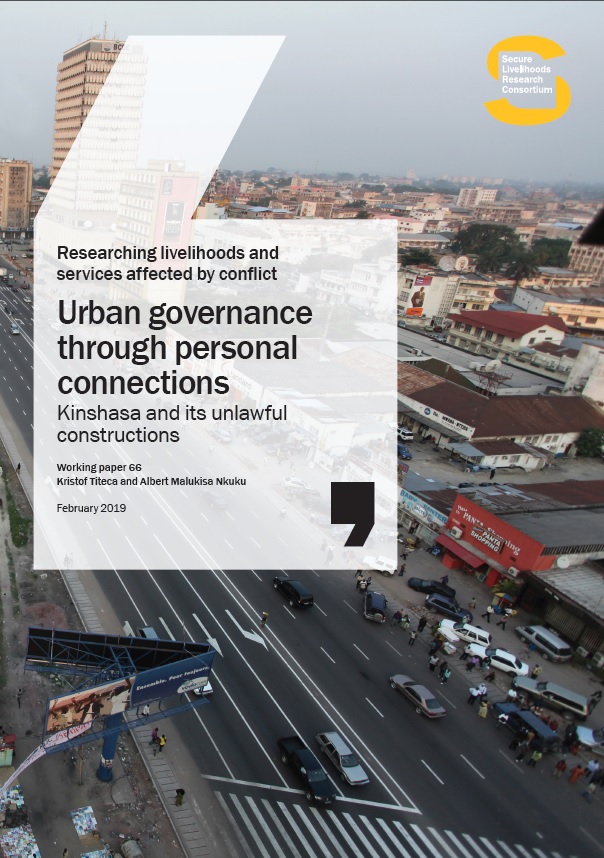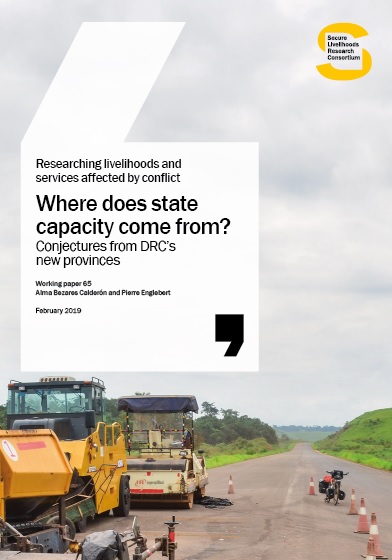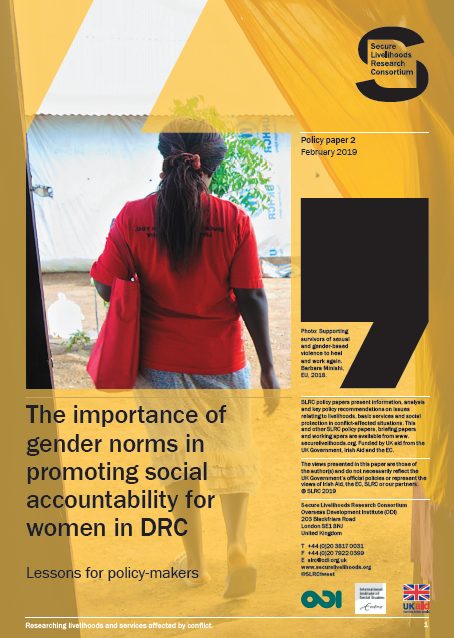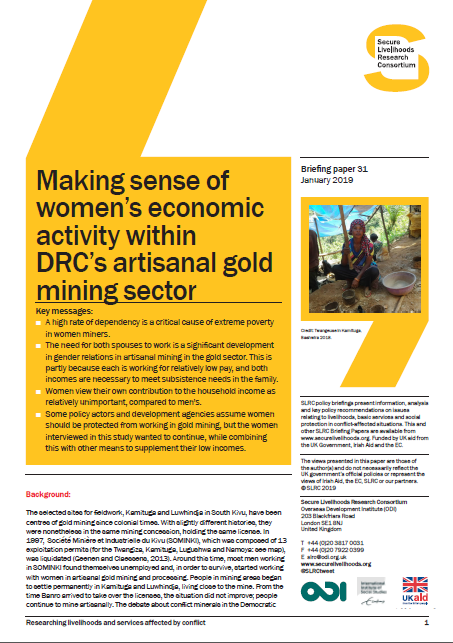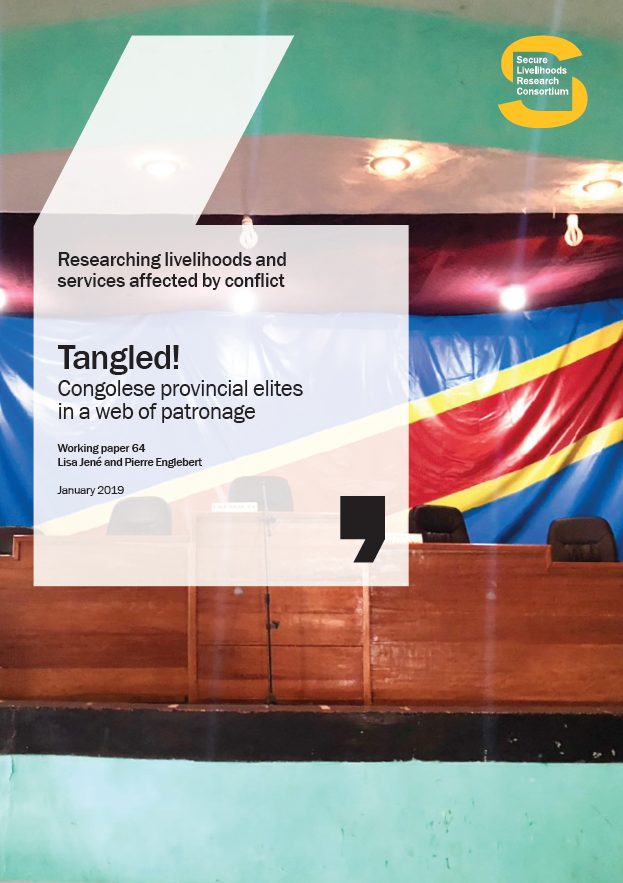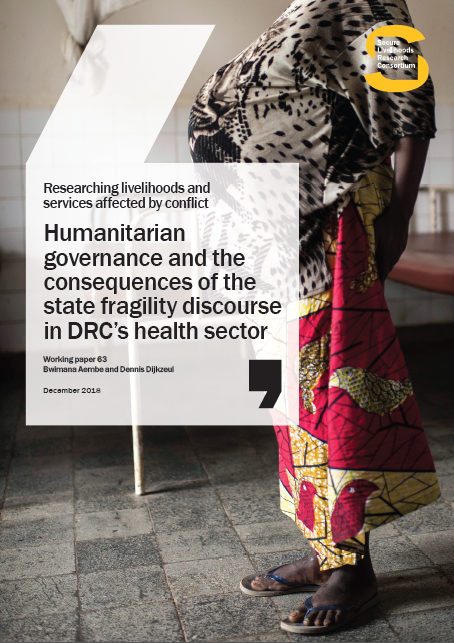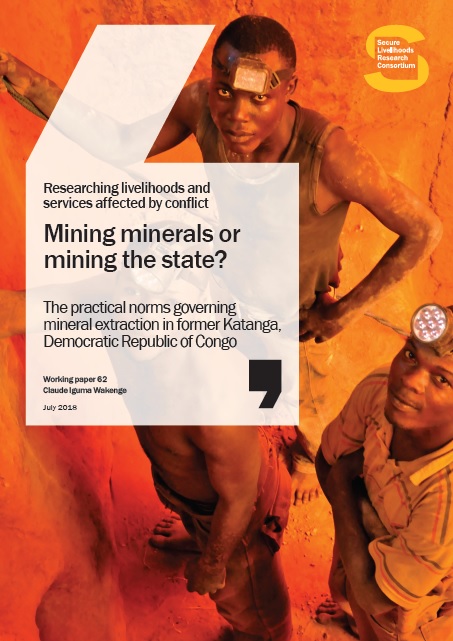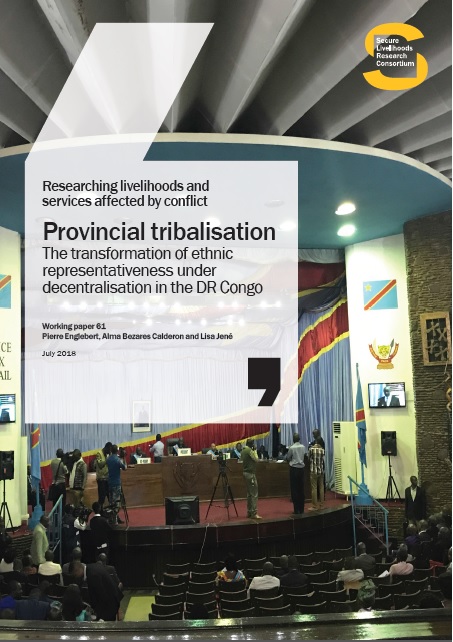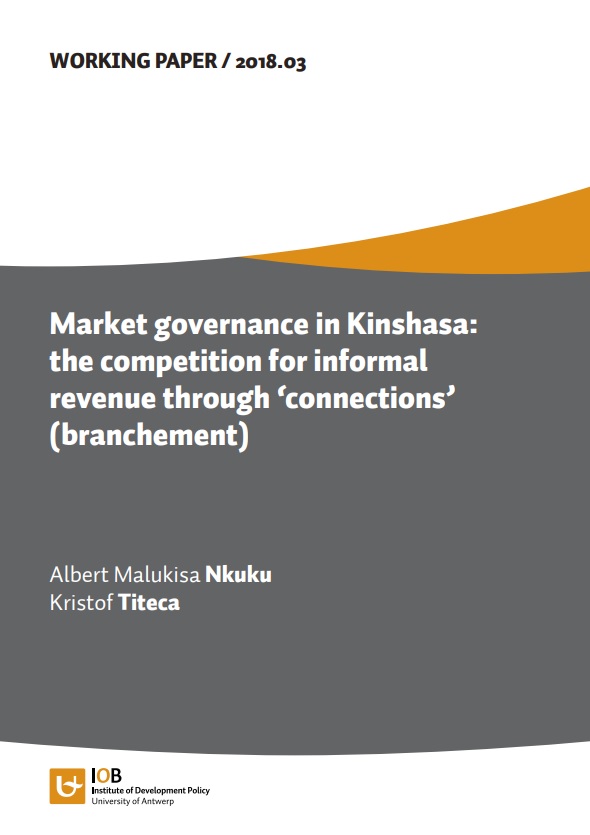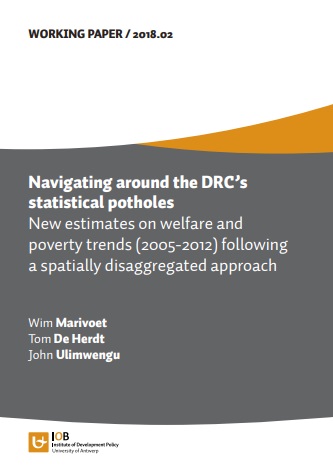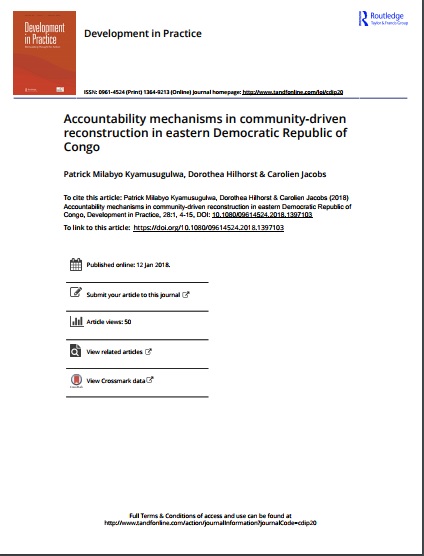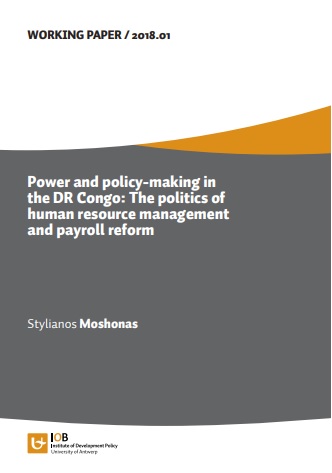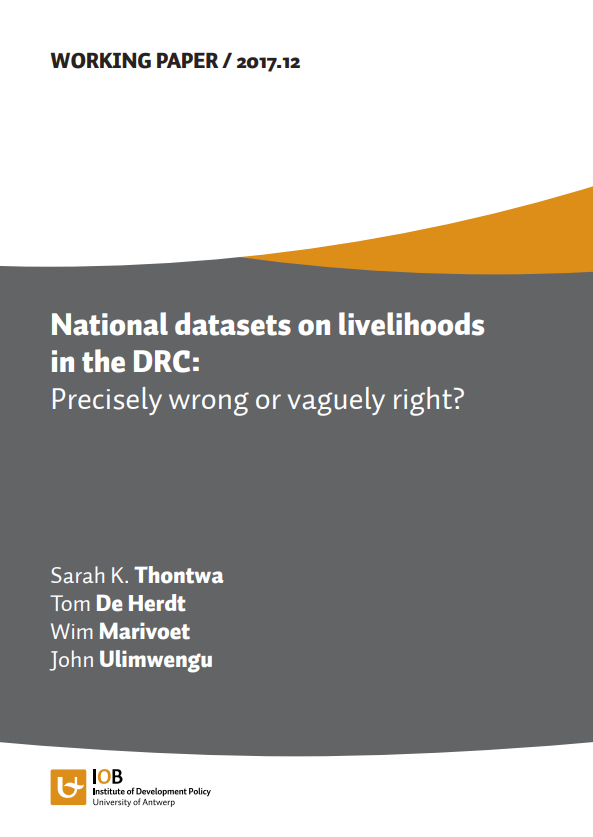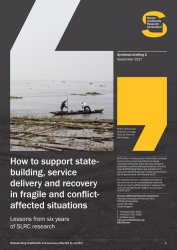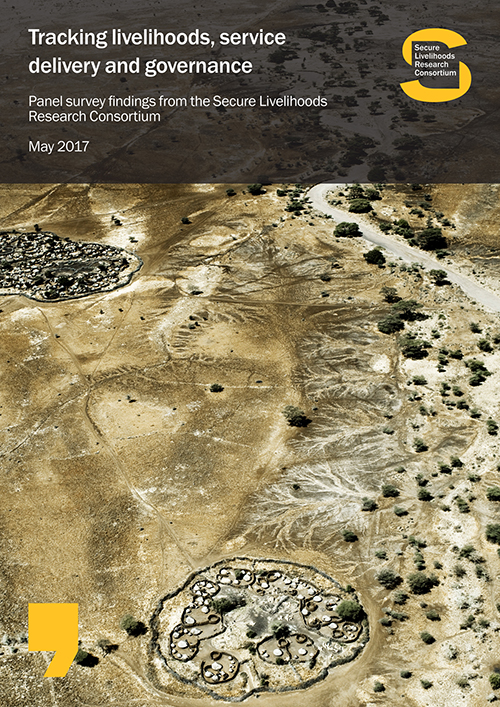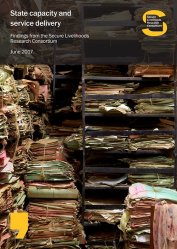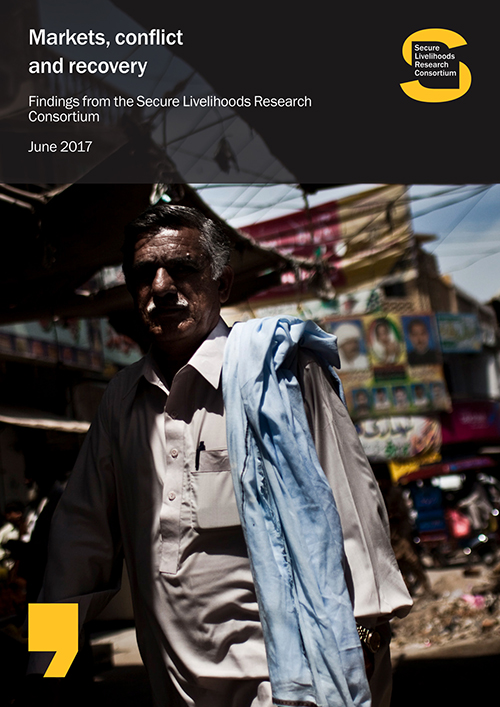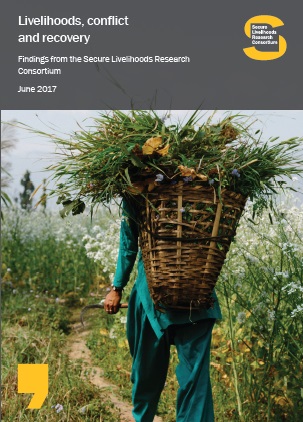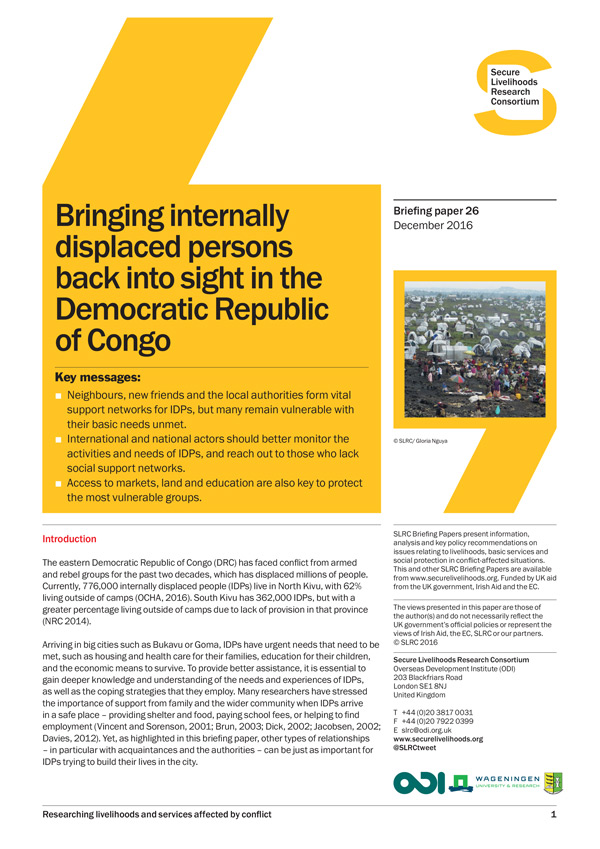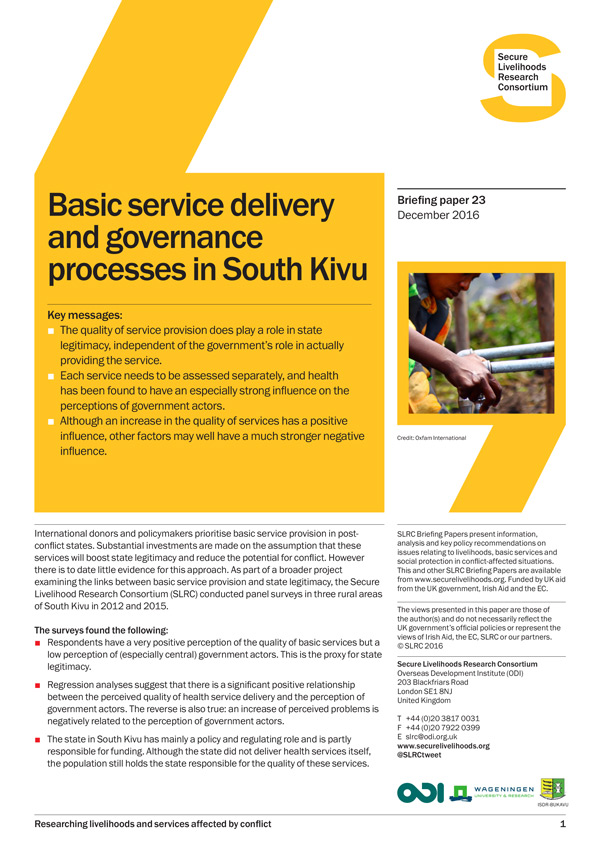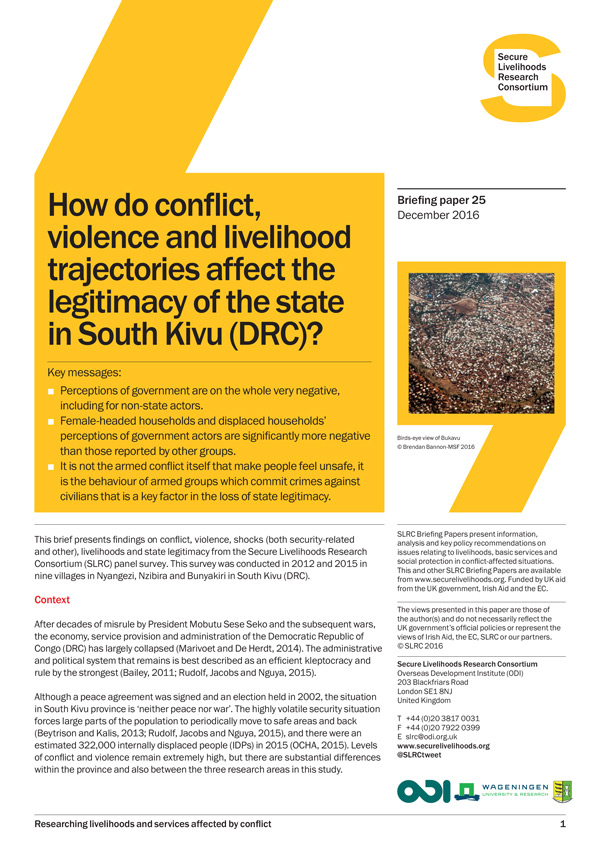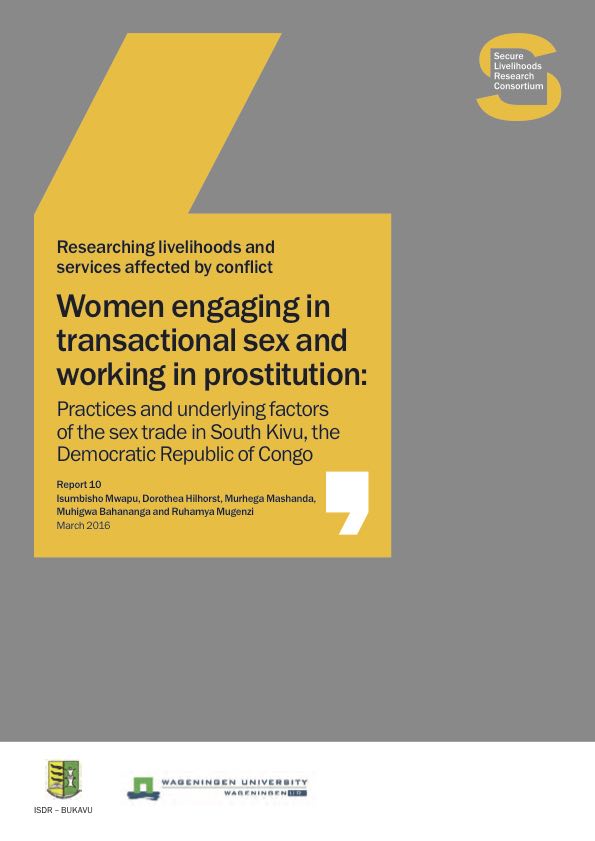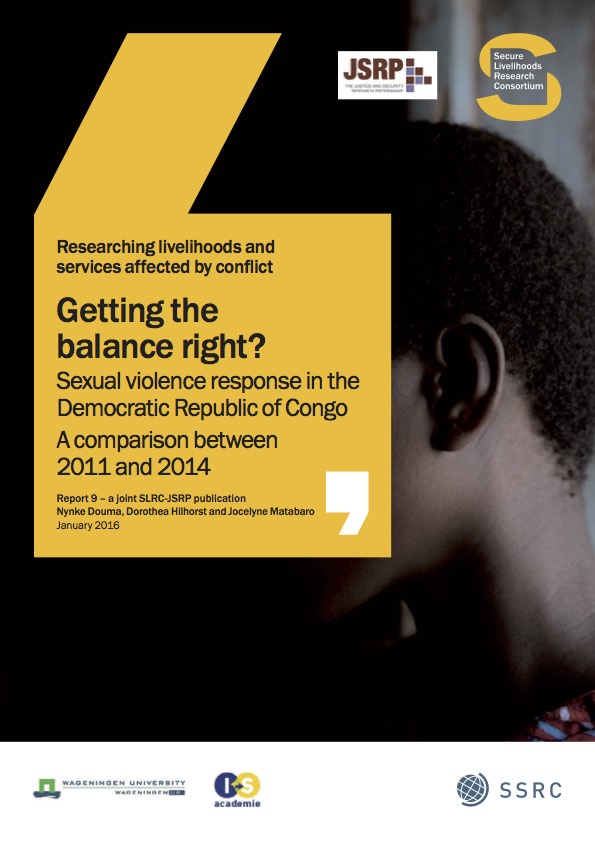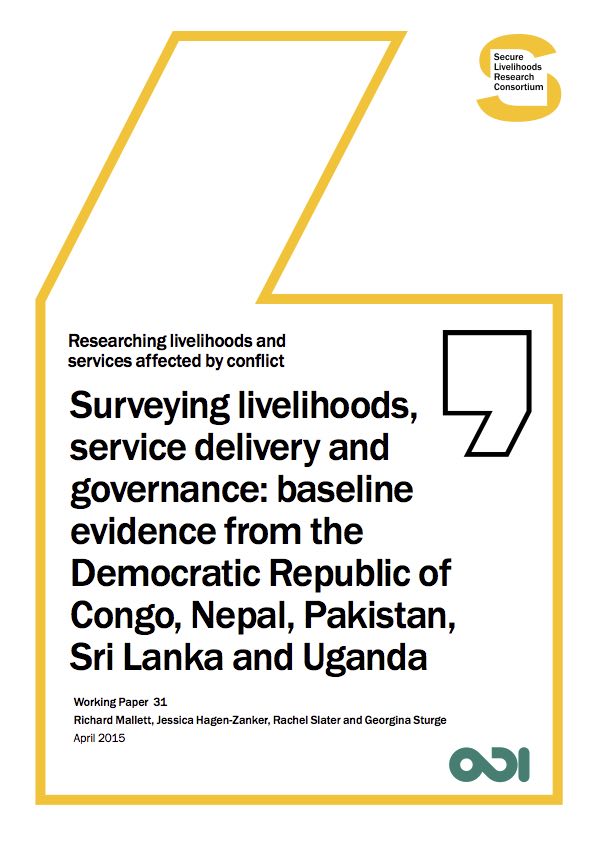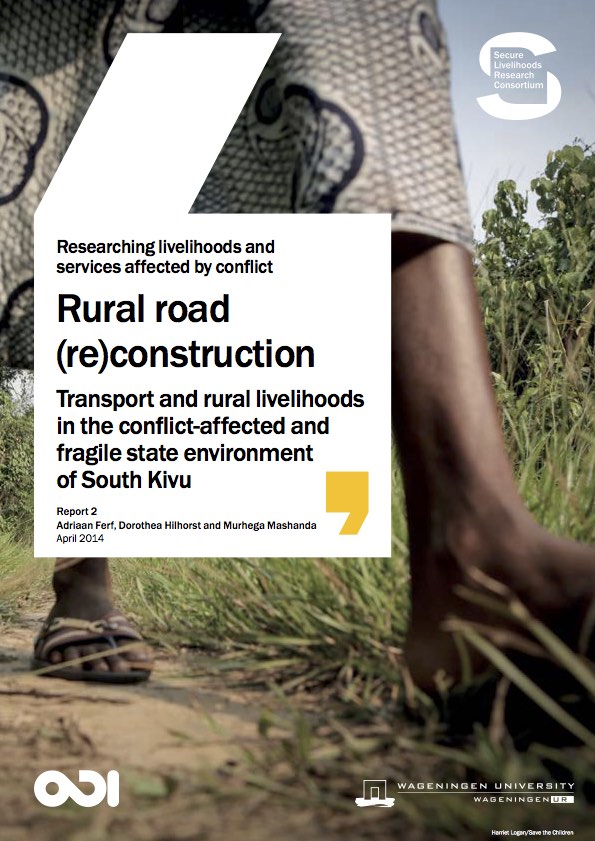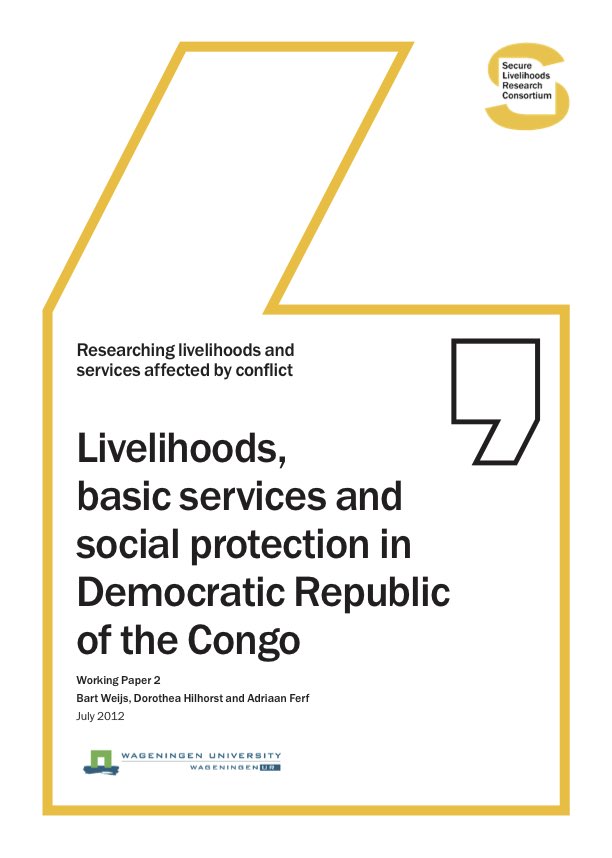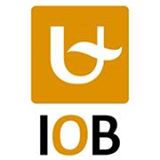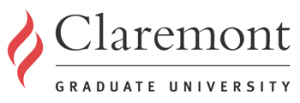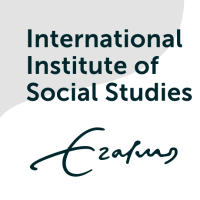
Democratic Republic of Congo
Power, Poverty and Politics in the DRC (DRC-PPP)
Research and policy advice in the Democratic Republic of Congo (DRC) has been good at describing the dysfunctional realities of how the country is governed, but less helpful in tackling the what, why and how questions that DFID and other donors face every day.
The DRC-PPP is a two-year research programme (2017-2018) that seeks to develop an understanding of how outside actors might try and positively influence how the DRC is governed, whilst also reducing conflict and poverty. The programme pilots a new operational model for research, where projects are developed on the basis of operational questions and queries from actors in the DRC, namely in collaboration with DFID’s country office in Kinshasa. The programme has eight projects, each with an assigned post-doctoral researcher.
Power and Policy Making
- Power and policy-making in the DRC
- Decoupage and the nature of the Congolese state
- Urban governance, state regulation and informality
- An ethnography of the administration of the extractive sector
Power and Society
- Women, power and society
- Everyday politics and practices of family planning in DRC
Livelihoods, Poverty and Resilience
- Territorialising wellbeing and livelihoods
- Mining reforms and the changing roles of women in mining communities
The Democratic Republic of Congo (DRC) is plagued by poverty, poor services and weak governance. People in the DRC have seen almost two decades of war, suffered huge loss of life and the destruction of livelihoods. Access to education, healthcare and water has severely deteriorated and services which are expensive, unregulated and are often provided by non-government actors.
In the first phase of SLRC (2011 – 2017), our research programme focused on the health sector and the impact transport infrastructure has had on people’s livelihoods in South Kivu and Equateur. The health sector is interesting because of its huge cost and its relative unavailability – which is a major concern to people and has become a focus of many government policies. The link between transport and urban livelihoods is another important issue which has been largely neglected in terms of government policy and research. Although much international investment has gone into the development of roads, little is known about whether job of opportunities have been created in and around the transportation sector, and if they have, what impact this has had on people’s lives. Lastly, the research programme also looked at transactional sex and prostitution, digging deeper into the practices and underlying factors of the sex trade in South Kivu.
SLRC’s DRC research programme during Phase I focused on the following core themes:
- Drivers of legitimacy: Experiences of service delivery and perceptions of a non-Weberian state
- Engaging with multi-stakeholder processes: How can external actors improve capacity development efforts in complex governance arrangements?
- The organisation of economic life
- Transactional sex, prostitution and responses to sexual violence




